|
|
|
Editor's note
|
|
For centuries, 2.77 acres of land in Ayodhya, northern India, has been a site of dispute between Hindus and Muslims. Now, as a panel of mediators appointed by India's Supreme Court try to find a solution for the future of the site, Amalenda Misra examines its contested history. And to find out more about the politics of Hindu nationalism in India, as the country votes in the world's biggest election, listen to the latest episode of The Anthill podcast.
With just less than three weeks to go until South Africans go to the polls in a national and provincial election, there's been a surge in protest action around the country. The protests are taking place in townships and shack settlements, where many of the country's poorest residents live. Steven Friedman takes issue with the way in which the protests are being portrayed. He argues that the media, and all the country’s political parties offer trite, and distorted views of why poor people take to the streets.
Global Perspectives will not be publishing a newsletter tomorrow or on Monday, as these are public holidays in large parts of the world. We'll be back on Tuesday 23 April.
|
Gemma Ware
Society Editor
|

|
|
Top Story
|
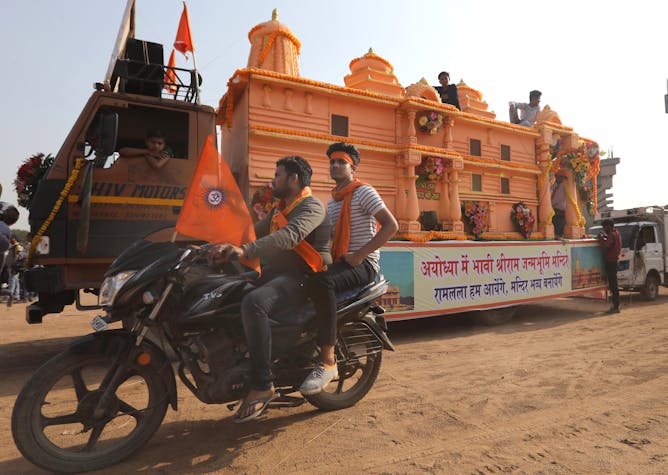
A model of the Lord Rama temple that hindu nationalist supporters would like to see built in Ayodhya.
Rajta Gupta/EPA
Amalendu Misra, Lancaster University
A panel of mediators has been asked by the Indian Supreme Court to suggest a way forward for a site claimed by both Hindus and Muslims.
|
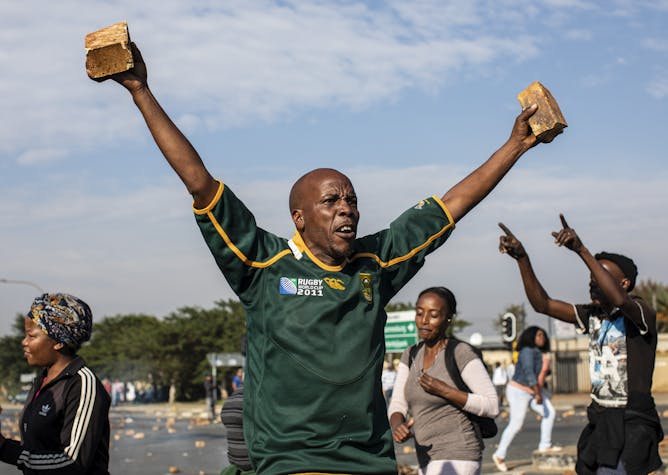
A man challenges police during a protest in Eldorado Park, Johannesburg.
EPA-EFE/Kim Ludbrook
Steven Friedman, University of Johannesburg
To claim that protests are being organised suggests sinister motives. But all protest is organised. So are cake sales and shopping expeditions.
|
Arts + Culture
|
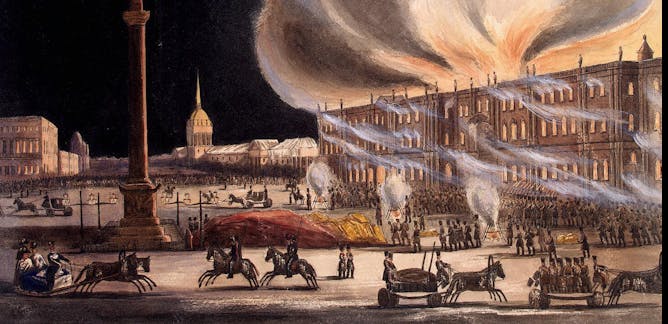
Paul W. Werth, University of Nevada, Las Vegas
After the building that symbolized 'all that is Russian' went up in flames, the czar scrambled to restore it to its former glory.
| |

Julian Matthews, Monash University
Why is it that some 'fake news' gets us remembering things that are not true? It depends on how our memory works, and there are ways we can avoid being duped.
|
|
|
Politics + Society
|
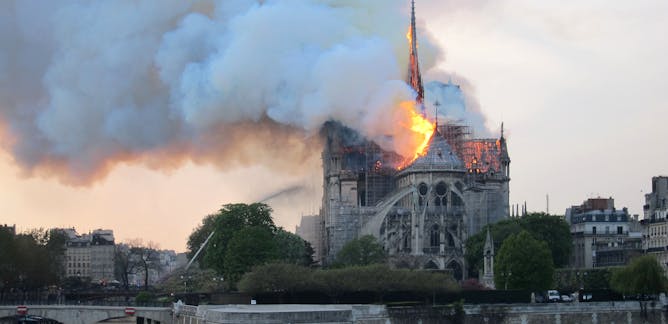
Anne Gombault, Kedge Business School
The fire that devastated the Notre-Dame de Paris cathedral on April 15 is a historic event that reminds us of the symbolic power of national monuments.
| |
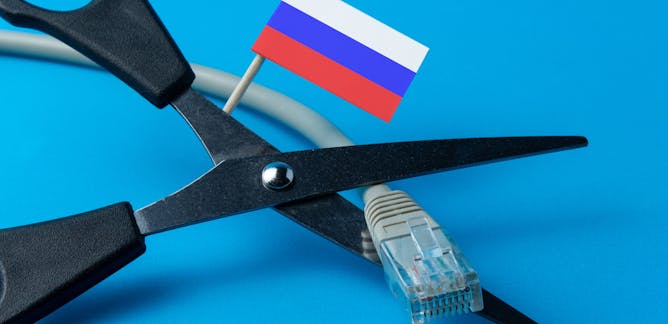
Sarah Nelson, Vanderbilt University
Vladimir Putin's complaints about Western power over telecommunications echo – if not co-opt – concerns raised by less powerful nations for decades.
|
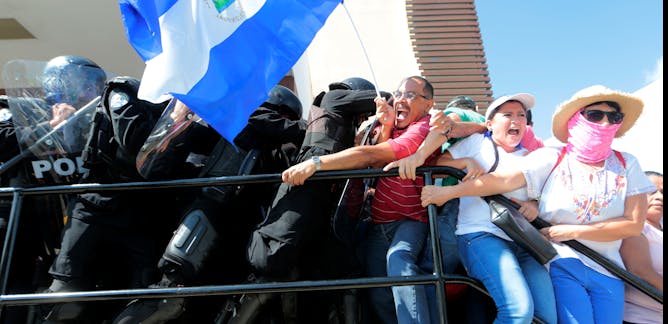
Benjamin Waddell, Fort Lewis College
A massive protest movement exploded across Nicaragua in April 2018, threatening to topple the country's authoritarian regime. What happened to Central America's 'tropical spring?'
| |
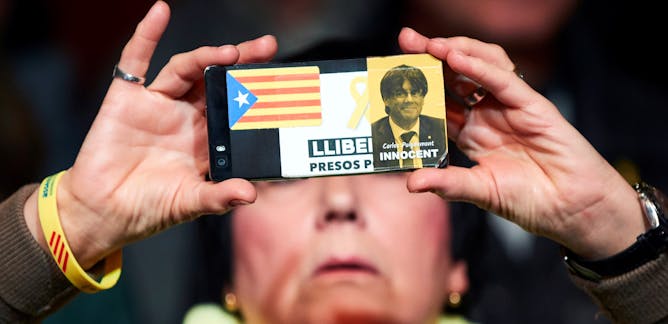
Caroline Gray, Aston University
With the big parties under pressure from regional forces, it's hard to see how anyone could form a government on April 28.
|
|
|
En français
|
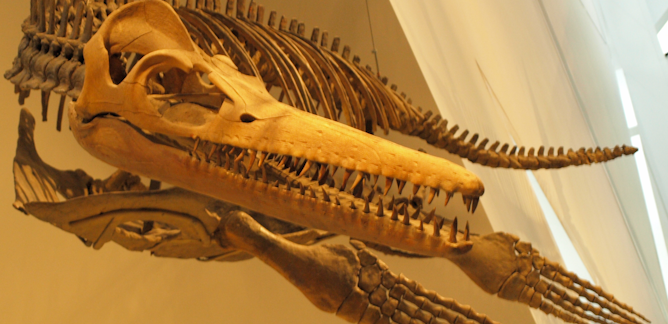
Alexandra Houssaye, Muséum national d’histoire naturelle (MNHN) – Sorbonne Universités
Un plésiosaure gravide – fossile rarissime – a été analysé par les scientifiques. Surprise, ce reptile marin portait un énorme fœtus…
| |
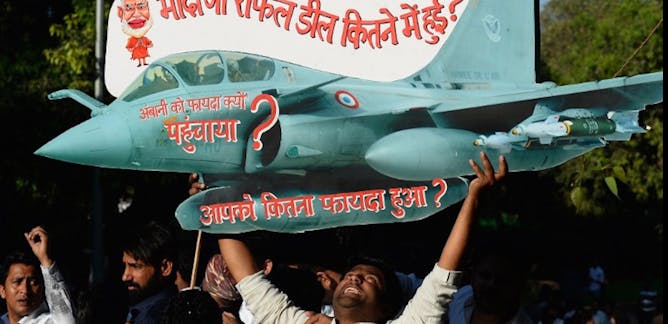
Nathalie Belhoste, Grenoble École de Management (GEM)
L'achat de matériel militaire ne se joue pas uniquement sur la performance de celui-ci mais est un art délicat de diplomatie et d'équilibre des rapports de pouvoir entre les États.
|
|
|
| |
| |
| |
| |
| |
| |
|
|
|
|
|
|
|